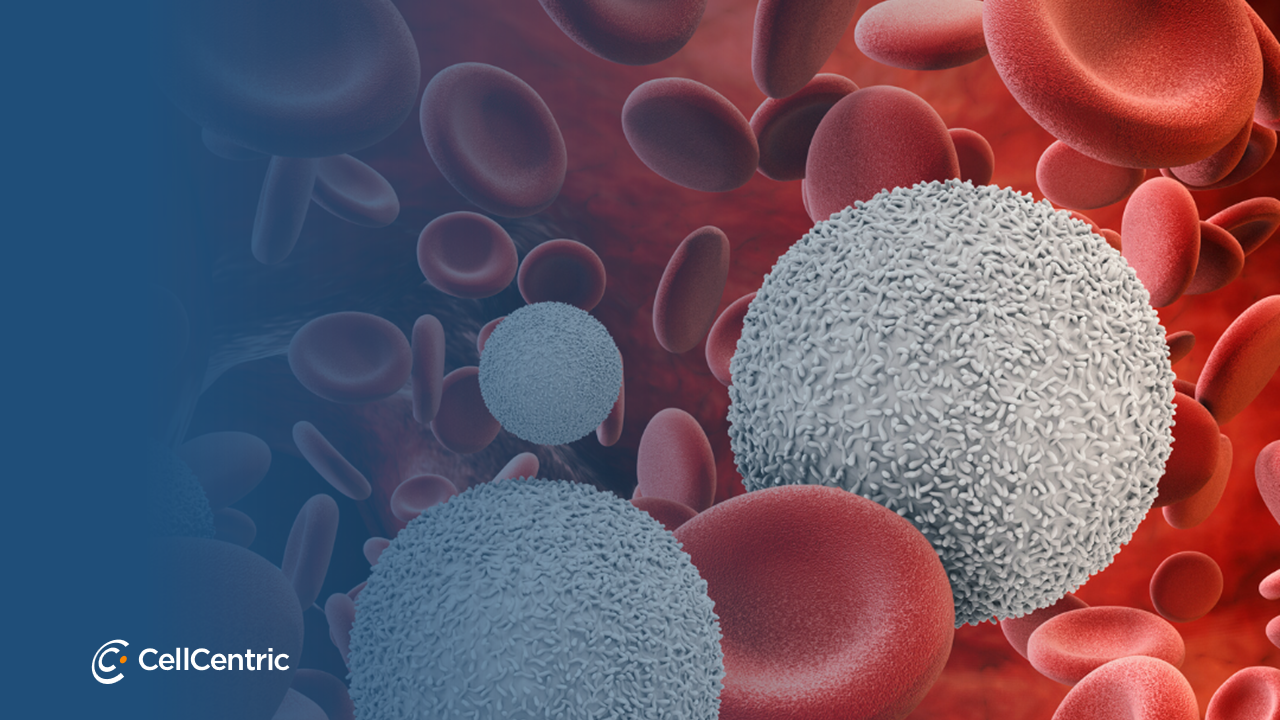CellCentric has expanded the clinical development programme of its novel anti-cancer drug CCS1477, a highly potent and specific small molecule inhibitor of p300/CBP. Dosing has commended in a new study involving patients with multiple myeloma and will include those with acute myeloid leukaemia and certain lymphomas. Trials are already underway for patients with late stage drug resistant prostate cancer.
Dr Nigel Brooks, CellCentric’s Director of Translational Science, commented: “Inhibiting p300/CBP is of growing interest to researchers. We are delighted to now be testing our first-in-class inhibitor in patients with different blood cancers. CCS1477 has the potential to be a major new drug to treat patients whose disease has relapsed, and have tumours that are resistant to current treatments.”
Inhibiting the twin gene regulator proteins p300/CBP disrupts the drivers of late stage prostate cancer, as well as the resistance mechanisms to existing anti-cancer drugs, such as abiraterone and enzalutamide. CCS1477 is aimed for use after, or in combination with these drugs, to address a major unmet need for patients with metastatic disease.
P300/CBP inhibition also impacts the IRF4-Myc pathway, which has been proven to have a significant effect on certain blood cancers in multiple pre-clinical models. CCS1477 is now being evaluated for its effectiveness against late stage multiple myeloma (MM), acute myeloid leukaemia (AML), and non-Hodgkin lymphoma (NHL). The lead Chief Investigator for the blood cancer programme is Prof Andy Davies, University Hospital Southampton.
CCS1477 binds highly selectively into the conserved bromodomain pocket of both proteins. Other ways of targeting p300/CBP are being investigated, such as binding to the catalytic acetyltransferase site. CellCentric’s approach appears to deliver a positive anti-tumour positive mechanism of action whilst minimising the range of other pathways effected.
CellCentric originally was formed from the Gurdon Institute, University of Cambridge with one of the pioneers of epigenetics and gene regulation, Azim Surani CBE FRS. The company evaluated over 50 potential epigenetic-related drug targets, before focusing on p300/CBP and the development of CCS1477.
Dr Will West, CellCentric’s CEO, commented: “CellCentric was a pioneer in the area of epigenetics. It is really fulfilling to now see our science translated for patients with different types of cancer, whose tumours that are not responsive to existing treatments. Our strong science base, coupled with a highly experienced discovery and development team, have been key.”
About CellCentric
CellCentric is a biotechnology company focused on a first-in-class p300/CBP bromodomain inhibitor drug, CCS1477. The company has investigated over 50 potential epigenetic-related drug targets, before focusing on the twin histone acetyl transferases p300/CBP. An earlier programme, based on an arginine methyltransferase target, was licenced to Takeda Pharmaceuticals. CCS1477 has relevance to multiple cancer types, and notably for late-stage, castration-resistant prostate cancer (CRPC) as well as haematological cancers (AML, multiple myeloma, lymphoma).
CellCentric is a privately held business, with Morningside Venture Investments as its lead investor. CCS1477’s progress has also benefited from awards from Innovate UK (BioMedical Catalyst) and the Prostate Cancer Foundation. The company maintains active collaborations with multiple research centres in Europe and the US.


